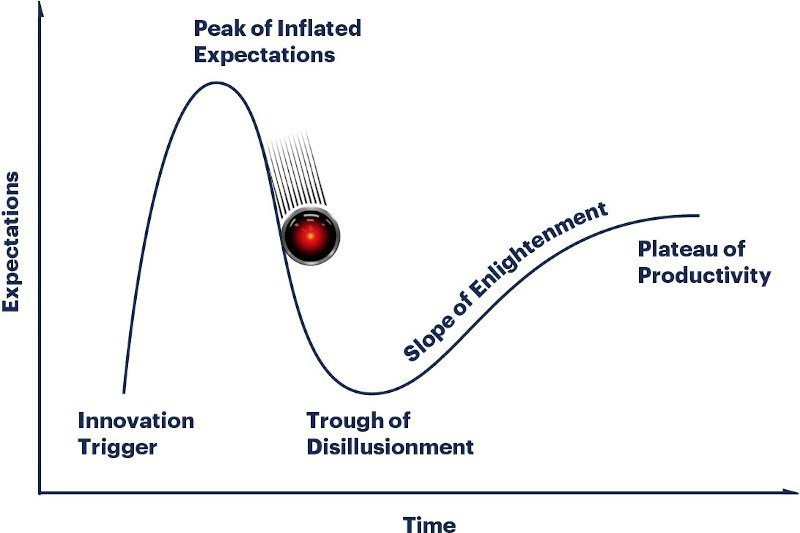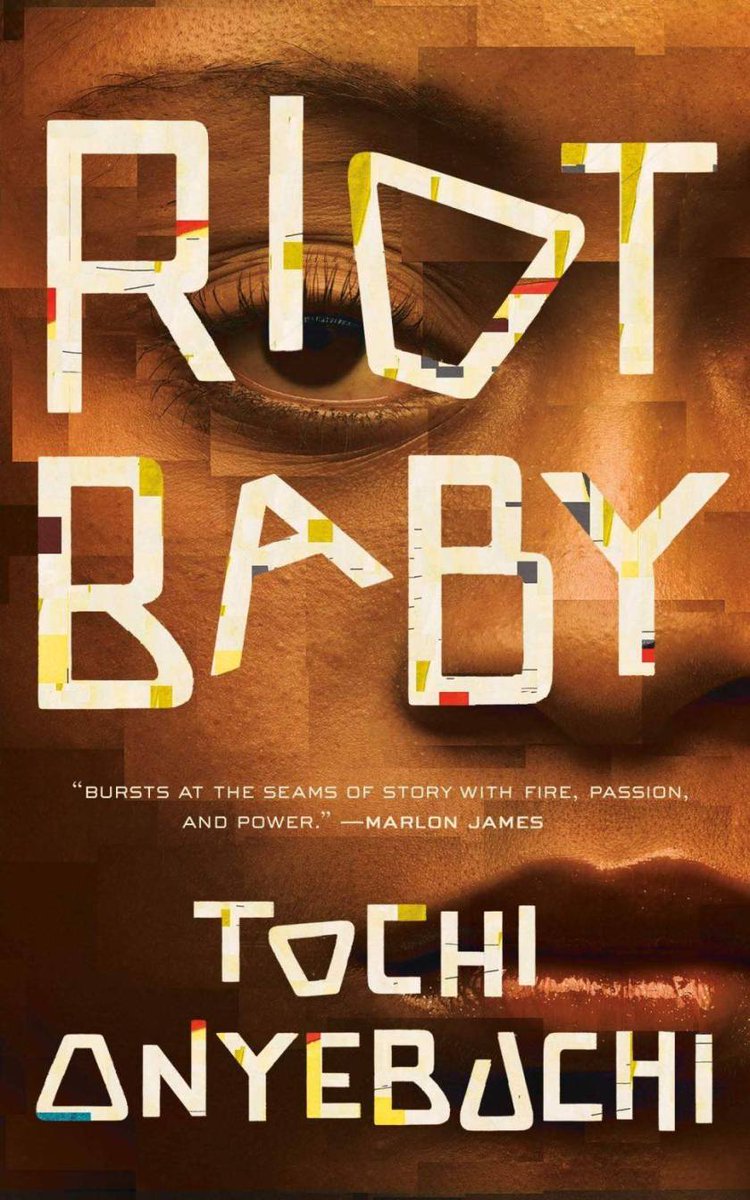
Last week, the largest organized strike in human history shut down India. 250,000,000 people struck against Indian PM Narendra Modi's neoliberal reforms to the agricultural sector.
democracynow.org/2020/12/3/indi…
1/
democracynow.org/2020/12/3/indi…
1/

These reforms don't just remove the collective bargaining and price controls that protect the ag sector (which employs more than half the Indian working population), but also stripped multinational corporations and government of liability for harms to their workers.
2/
2/
All this while unemployment is at 27%, and 76% of rural Indians lack the funds to cover their basic nutritional needs. Meanwhile Indian billionaires have increased their wealth by 35% during the pandemic. India's richest man, Mukesh Ambani, has made $12m per HOUR since March.
3/
3/
The strike didn't just turn out unemployed people and farmers: the turnout was driven by acts of solidarity from ever sector of society.
In his discussion with Amy Goodman on @democracynow, @PSainath_org offers some really important political context.
4/
In his discussion with Amy Goodman on @democracynow, @PSainath_org offers some really important political context.
4/
Modi has had a comfortable Congressional majority for two years and has three years left to go in his mandate, so why did he wait for the pandemic to make this far-reaching power-grab?
5/
5/
Sainath: "The reasoning was, these blokes are on their knees now. They can’t organize. They can’t hit back. And in fact, many leading neoliberal intellectuals, economists and journalists, editors, incited the government, saying, 'Never waste a good crisis.'"
6/
6/
It's shock doctrine shit, in other words. But Modi badly misjudged the moment: rather than being beating beyond resistance, Indians have been beaten to the sticking point, and will no longer be fooled by religious bigotry and neoliberal fairy tales.
7/
7/
Right wing movements around the world are grounded in the idea that some people are born to rule and the rest of us are born to be ruled over. Antimajoritarian philosophy isn't compatible with democracy, because it requires sustained turkeys-voting-for-Christmas to survive.
8/
8/
As India shows, the traditional tools of antimajoritarianism - xenophobia, sectarianism, armed violence - are unstable in the long run. Eventually there comes a point when you can't just shout "Muslims are scary!" at starving people and expect them to take that for an answer.
9/
9/
Indians have been slaughtered by both covid and mismanagement. They are at the breaking point. They are rising up.
eof/
eof/
• • •
Missing some Tweet in this thread? You can try to
force a refresh










